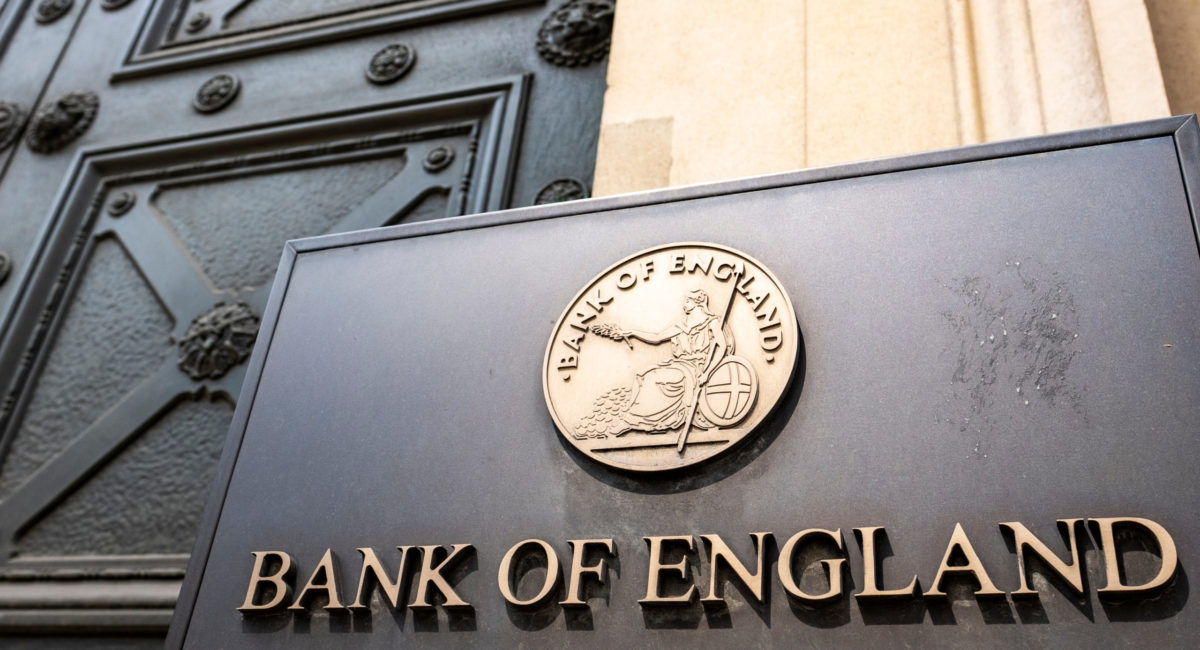Introducing the new era of economic uncertainty
SUGGESTED



Julian Jessop writes in The Spectator
Julian wrote:
“Many governments look vulnerable. There are concerns about the UK, where the national debt is now equivalent to roughly 100 per cent of economic output. But what about Italy, where national debt is 150 per cent of national income? Might it succumb to a new vicious circle of rising debt and borrowing costs? How long can its bonds be propped up by low interest rates in the eurozone and backstops provided by the European Central Bank?
“For Japan, government debt sits at 260 per cent. The Bank of Japan has begun to question how long its ultra-loose monetary policy can last – an aspect of its financial system that wasn’t really interrogated until now.
“More commercial banks may wobble. Doubts have swirled around some big names in Europe for many years, notably Credit Suisse, whose shares tanked this week amid fears that it might be next. Investors withdrew $120 billion in the final three months of last year because of worries about the bank’s financial health. But its share price had been falling for even longer, down 68 per cent over the last year. Concerns that even the banks’s biggest shareholder may not be willing to stump up more money to support it have added to the worries.
“It had been assumed that these banks would benefit from the higher profit margins that usually accompany higher interest rates. But these margins could be eroded if banks have to pay more to attract and retain deposits from nervous investors.
“Britain’s banks at least appear to be relatively safe, well-capitalised and liquid. Silicon Valley Bank’s (profitable) UK arm found a buyer, HSBC, without any great risk to the taxpayer. But the clumsy US bailout of SVB in California could lead to more crises, as people and companies take on extra risks in the expectation of a bailout if things go wrong.”
The full article can be read here.
Julian also appeared on The Spectator’s podcast to discuss his piece with The Spectator’s Economics Editor and former IEA Associate Director Kate Andrews. Listen here.



